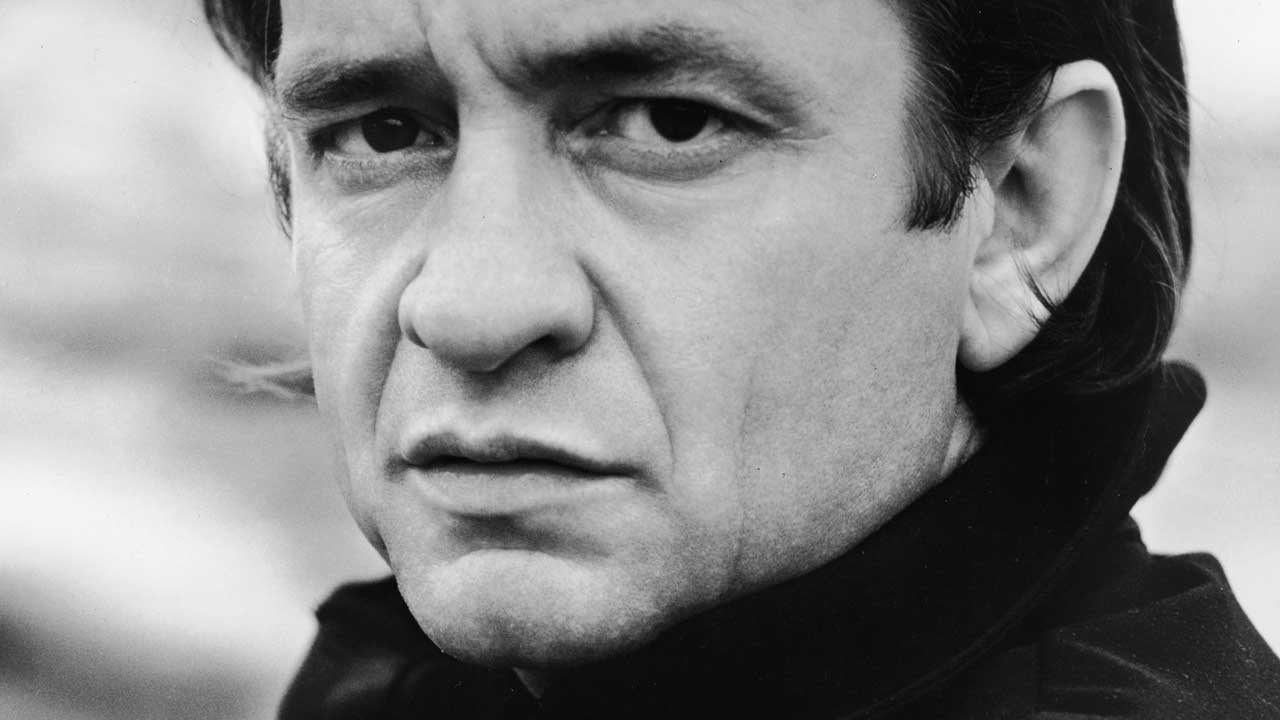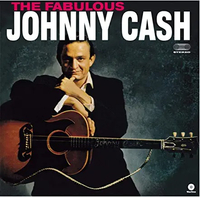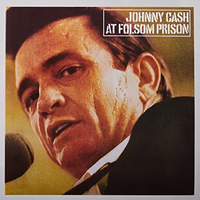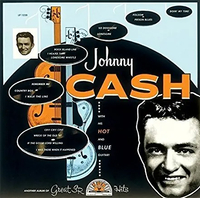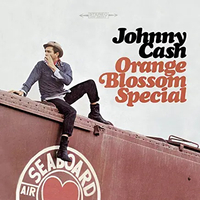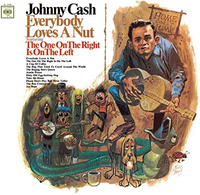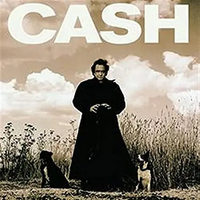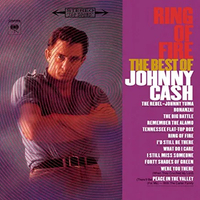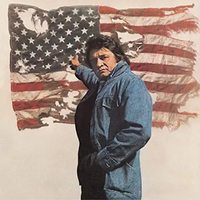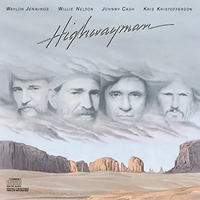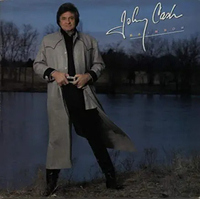When Johnny Cash was once asked which subjects he most liked to sing about, he rattled off a long list that included “horses, railroads, rambling, damnation, salvation, work, whisky, murder, war, prison, humour, rebellion, heartbreak, rowdiness, love, family and God”.
In short, he liked to sing about life. From the light to the dark, the sacred to the profane, Cash’s songbook is all-embracing. And what makes it continue to resonate is not only the quality of the material, but also the voice that delivers it: deep, craggy, passionate. It’s the link between Woody Guthrie and Bruce Springsteen. It has a folk singer’s directness, a preacher’s fervour and a rocker’s attitude. And although the voice suggests an epic hero, there’s always that little quaver at its centre to let us know that Cash is human.
Born to sharecropper parents in 1932 in Arkansas, Cash (christened J. R. when his parents couldn’t agree on a first or middle name) worked in the cotton fields as a boy, dreaming along with radio broadcasts of the Grand Ole Opry on Saturday nights. By the age of 12 he was playing guitar and writing songs. In 1955 he signed to Sun Records (where Elvis Presley made his first recordings).
Through his early career, he struggled with the twin demons of booze and pills (erratic behaviour got him banned from the Opry in 1965). As he later said: “Sometimes I am two people. Johnny’s the nice one, Cash causes all the trouble. They fight.”
The love of June Carter helped rescue him from excess, and after their marriage in 1968, they were inseparable. As country’s biggest star and the host of his own TV show, Cash was fearless in his career choices, crossing stylistic borders, collaborating with Bob Dylan and Louis Armstrong, performing in prisons, speaking out for the rights of Native Americans. Along the way, he sold in excess of 90 million albums and became the only artist to be inducted into the Country, Rock And Roll and Songwriters Halls Of Fame.
As for his nickname The Man In Black, he once sang: ‘I wear the black for the poor and the beaten down, livin’ in the hopeless, hungry side of town/I wear it for the prisoner who has long paid for his crime, but is there because he’s a victim of the times.’

And one to avoid...
You can trust Louder Our experienced team has worked for some of the biggest brands in music. From testing headphones to reviewing albums, our experts aim to create reviews you can trust. Find out more about how we review.
